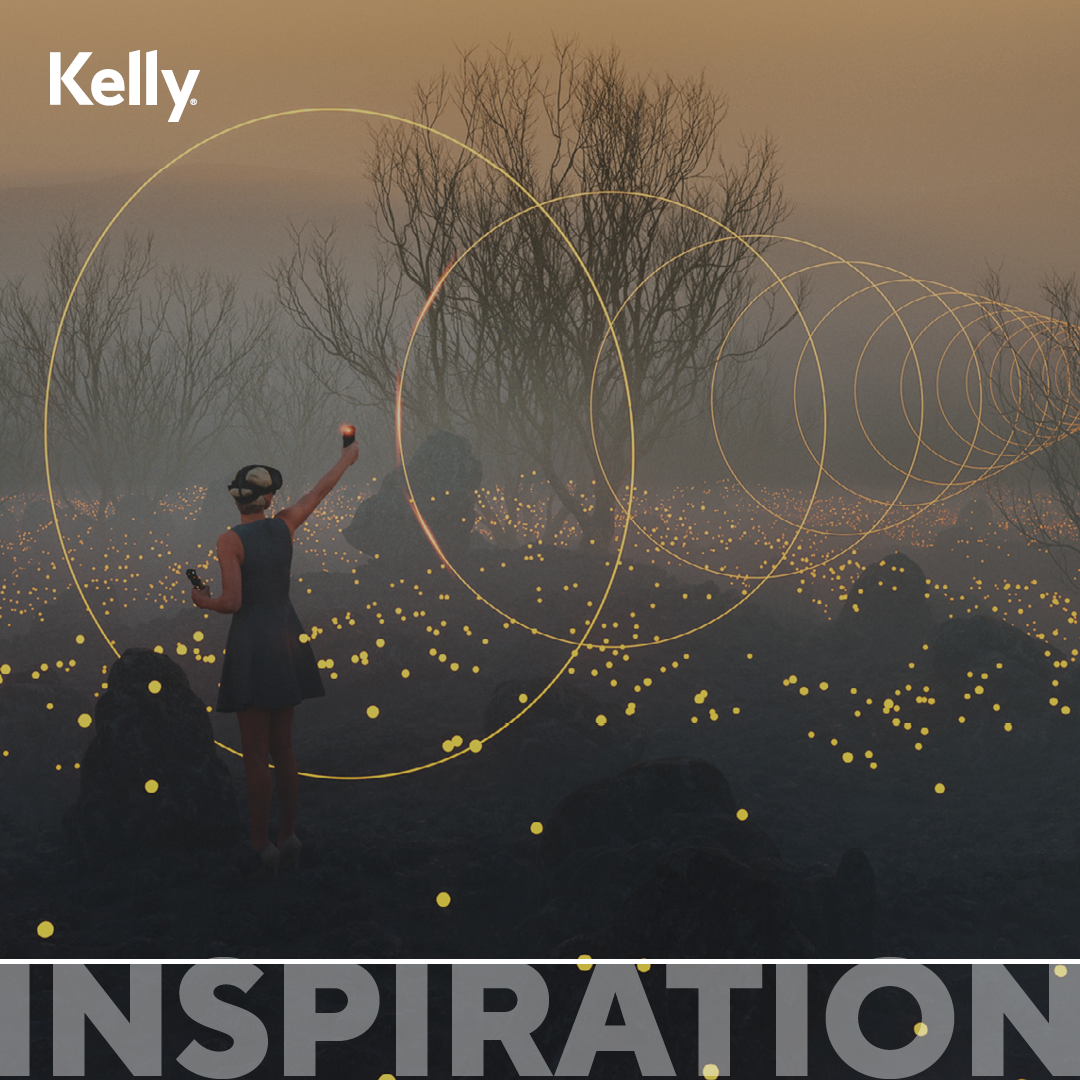
The past two years have seen a huge amount of change within the life sciences industry. As technology progresses at pace and transforms clinical trials in particular, could the skills required be best found in candidates from outside of the sector? Our experts think so.
Digital technology skills come to the fore
The way that clinical trials are managed has been revolutionized by the pandemic. Decentralized, virtual trials have become more mainstream, and offer cost savings, increased speed and ease of patient recruitment. The benefits of continuing with remote trials are pretty convincing, and more than two-thirds of European life sciences firms plan to conduct trials this way within the next three years.
But to do so, a host of related skills are required, and not all of them are life-sciences specialisms. Leading life sciences recruiters here at Kelly have noted an increase in demand for digitally savvy candidates.
Running trials online or in a distributed way could require skills such as app development and UX design to ensure that participants can monitor themselves easily and effectively. Or in wearable technology, to take care of the monitoring without relying on participant input. There is also the production of e-consent forms and the management of digital data security to take care of. Finally, managing digital/distributed trials will require specialist digital project management skills. That sounds like a lot of new skills to search for, but you can find them in other industries, or search for in-demand candidates with a blend of life sciences and mainstream technological experience.
Collaborative experience is set to shine
A shift to remote working has enhanced our ability to collaborate with people internationally, whether they are our colleagues in-house or teams in other businesses. In fact, almost half of late-stage pipeline assets developed in 2021 were the product of collaborations and partnerships.
The opportunities this way of working brings are enormous, but it demands a novel range of skills. You’ll need leaders that can inspire and motivate teams even from afar, communicators that understand how to get your messaging heard in different regions and project managers that aren’t phased by working across time zones. Fortunately, individuals with experience in leadership, communication and project management can be found in almost every industry, so consider casting your net beyond your usual fishing grounds to snap up talented candidates for these roles.
AI and Big Data: the next big things
We have been talking about the use of AI and Big Data for years, but it feels like these technologies are finally being brought into play in a major way. With applications in drug development, R&D and regulatory/compliance, investment in AI is growing despite the economic uncertainty of the past two years.
Research suggests that employing AI in healthcare (in Europe) could save more than 400,000 lives, €200 billion and nearly 2 billion hours of HCP/clinician time a year. Harnessing this opportunity is going to require skills and experience that exists far beyond your usual talent pool. It’s likely to be well worth the investment to provide life sciences training to data scientists hired from other disciplines to allow them thrive in your company.
How to find and attract these candidates?
Many of these candidates will come from relatively technical industries, such as start-ups, financial institutions and beyond. A life sciences role offers them the ability to put their hard-won skills to use in a way that benefits humankind, and in today’s world the appeal of that cannot be understated. The pandemic has inspired a newfound awareness of, and respect for, life sciences careers.
As a growing sector with exciting new developments occurring on a daily basis, promoting these roles should be a walk in the park. The trick will be getting your roles out to a wider audience than usual; this can feel uncomfortable, but the skills you are looking for are out there, and the competition are looking for them too.
You can also look in-house. Many life sciences employees will have played up their relevant experience, but could have complementary skills that you aren’t aware of. Creating a skills library for your organization could help you discover linguists, designers, project managers and more, all within your own ecosystem. At a time when retention is difficult due to the volume of opportunities available, offering variety or training could help you hang onto your star employees.







